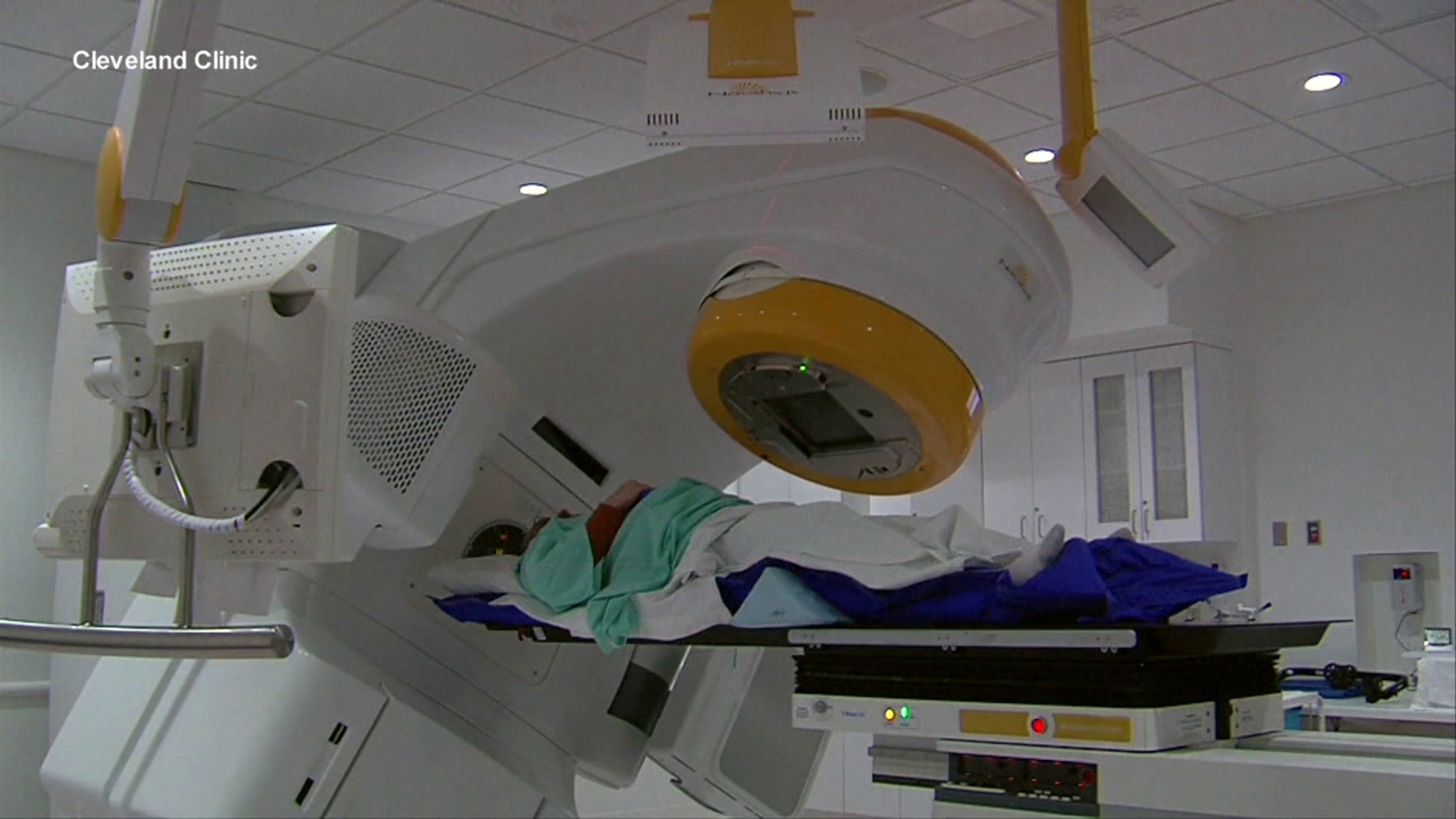This story is sponsored by Geisinger.
If you’re feeling sick right now, you may be understandably worried about having COVID-19. But in this challenging and unprecedented time, it’s important to stay calm, avoid rash decisions and pay attention to your symptoms.
“Because symptoms of coronavirus (COVID-19) are similar to a cold or flu, it may be difficult to tell what you’re dealing with,” says Dr. Alison Brodginski, director of infectious diseases in Geisinger’s northeast region. “Since flu season is still underway, as well as allergy season, it’s very likely you may have the flu, a cold or even a sinus infection instead.”
Coronavirus symptoms vs. cold and flu symptoms
Symptoms of COVID-19 include those similar to a cold or flu with a fever, dry cough and shortness of breath, and can range from a mild cough to severe pneumonia.
Symptoms of a cold include:
- A cough
- Mild fever (more common in children)
- Runny nose
- Sneezing
- Sore throat
- Stuffy nose
Symptoms of the flu include:
- Aches
- Chest discomfort
- Cough
- Chills
- Extreme tiredness (or fatigue)
- Headache
- High fever
- Nausea and diarrhea (more common in children)
“If you have a runny nose or body aches, there’s a good chance it’s not COVID-19,” adds Dr. Brodginski. “If you’re sick, the best thing to do is stay home to prevent others from getting sick, too.”
What should you do if you think you have COVID-19?
If you're experiencing symptoms you think may be related to COVID-19, your first step should be to contact your primary care physician. From the phone, they can assess your symptoms, understand your recent contact with anyone who has flu-like symptoms, confirmed flu or COVID-19 in the past 14 days, and recommend the appropriate next steps.
- Geisinger patients: Call your primary care clinic or message your care team by signing in to the myGeisinger patient portal.
- Don’t have a primary care physician? Call Geisinger’s 24/7 hotline at 570-284-3657 for guidance.
While you may start to feel anxious and want to get tested for COVID-19, it’s critical that you call your doctor before heading to the closest ER or urgent care clinic (unless your symptoms worsen, and you have no other options for care).
Here’s why you should skip the ER or urgent care: A majority of COVID-19 cases are mild
Most of those who have COVID-19 have relatively mild symptoms and will recover fully with common home remedies (if you do develop COVID-19, check out the CDC’s tips for caring for yourself at home).
Depending on the situation, and how likely you are to develop serious complications, your doctor may simply advise you to self-quarantine at home. During this time, make sure you stay at home (away from others) and monitor your symptoms. You should also:
- Avoid sharing personal items
- Wash your hands often
- Keep frequently touched surfaces around your home clean
“If you need to seek medical care during this time, make sure you call ahead to let them know that you might have COVID-19,” says Dr. Brodginski. “This will help your healthcare team prepare, so they can prevent others from being exposed or infected.”
Most won't need to be tested for COVID-19
Like many providers, Geisinger has developed its own test for COVID-19 to make testing more easily and quickly available in our communities. However, there are strict guidelines (set by the CDC) for who should be tested.
In line with CDC recommendations, Geisinger is screening all people who seek care in our hospitals and clinics who have COVID-19 symptoms and have had contact with anyone who has flu-like symptoms, confirmed flu or COVID-19 in the past 14 days, while testing for other common respiratory infections. If a person meets CDC screening criteria, Geisinger is following traditional quarantine and isolation procedures while confirmatory tests are performed.
If you're experiencing symptoms you think may be related to COVID-19, call your doctor first to determine if you can or should be tested. You can also call our nurse triage line at 570-284-3657 with questions about symptoms or the need for further evaluation or testing.
We need to prevent the spread of COVID-19
Because people over age 60, those with compromised immune systems and those with existing chronic health conditions, such as heart disease, cancer, diabetes and respiratory disease, have a higher risk of developing serious complications from COVID-19, it’s important that those with mild coronavirus symptoms avoid ERs, urgent cares and doctor’s offices (when possible) to prevent infecting others.
“We also want to protect our healthcare workers who need to be healthy to provide care for the those with serious illnesses,” adds Dr. Brodginski.
When should you go to the ER?
If you’re self-quarantined, be sure to keep an eye on your symptoms and call your doctor if they worsen. He or she can help you determine what to do next.
“If you develop any of the emergency warning signs for COVID-19, it’s important to seek care immediately by calling 911,” says Dr. Brodginski. These warning signs include:
- Difficulty breathing or shortness of breath
- Persistent pain or pressure in the chest
- Bluish lips or skin
- Sudden confusion or inability to arouse
While COVID-19 is understandably concerning, we can work together to slow and prevent its spread and keep our families, friends and neighbors healthy.
For FAQs and helpful resources on coronavirus, visit Geisinger’s Coronavirus Resource Center.
This story is sponsored by Geisinger.



